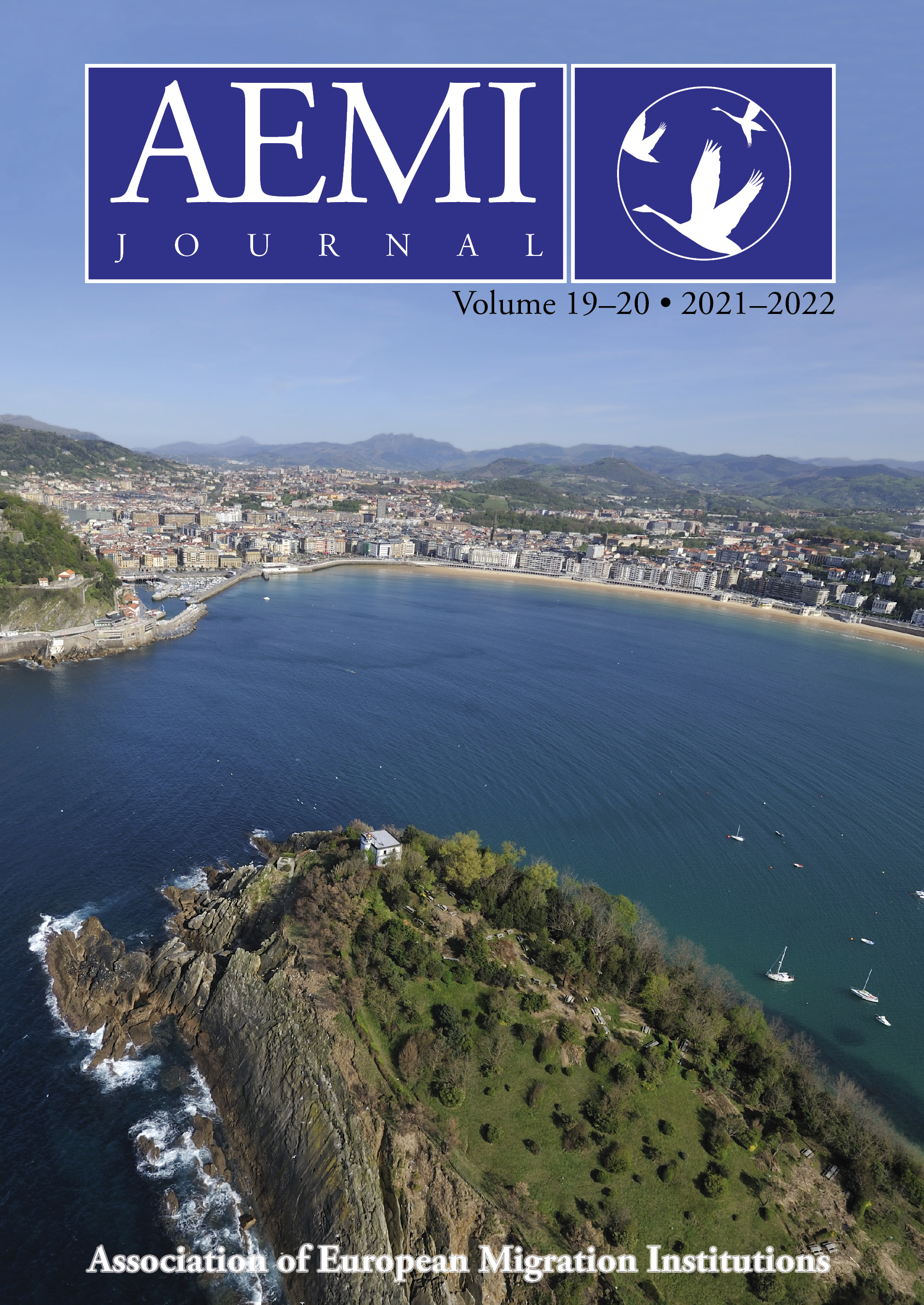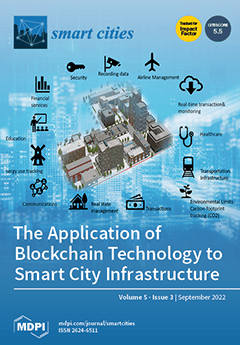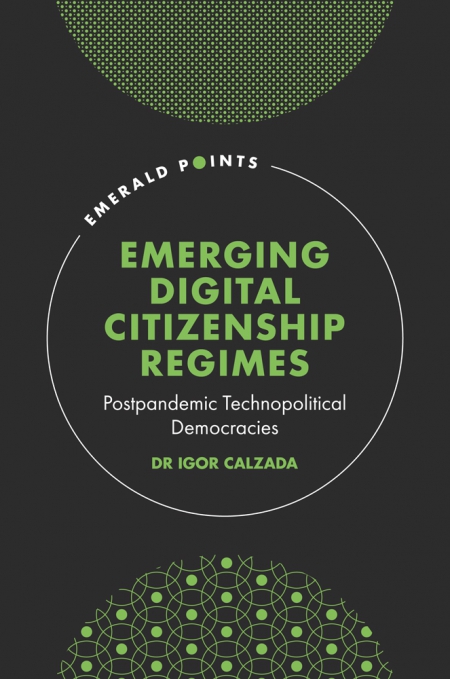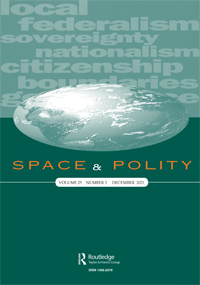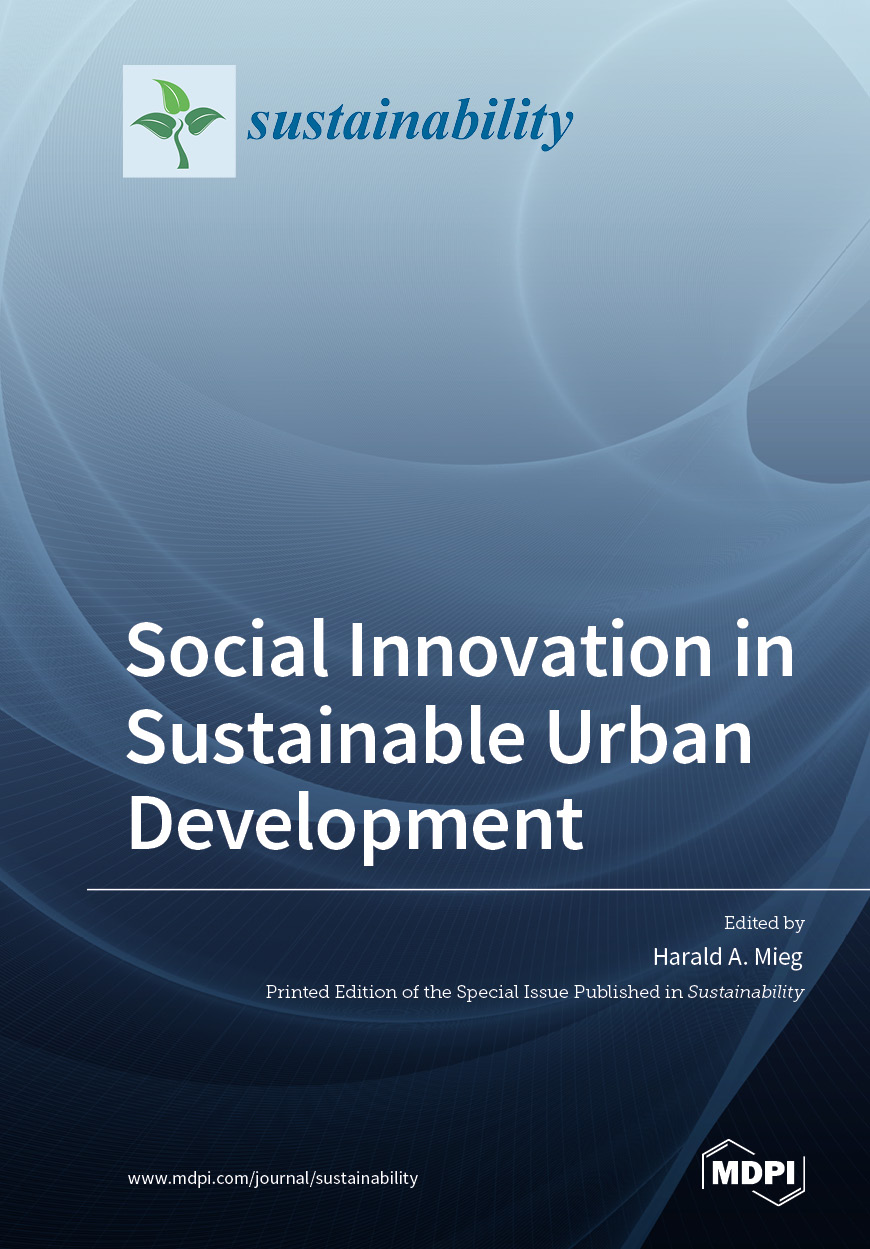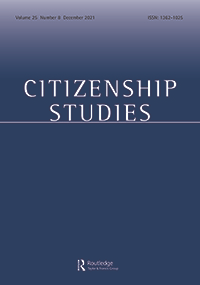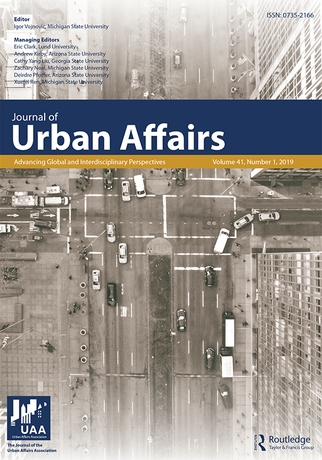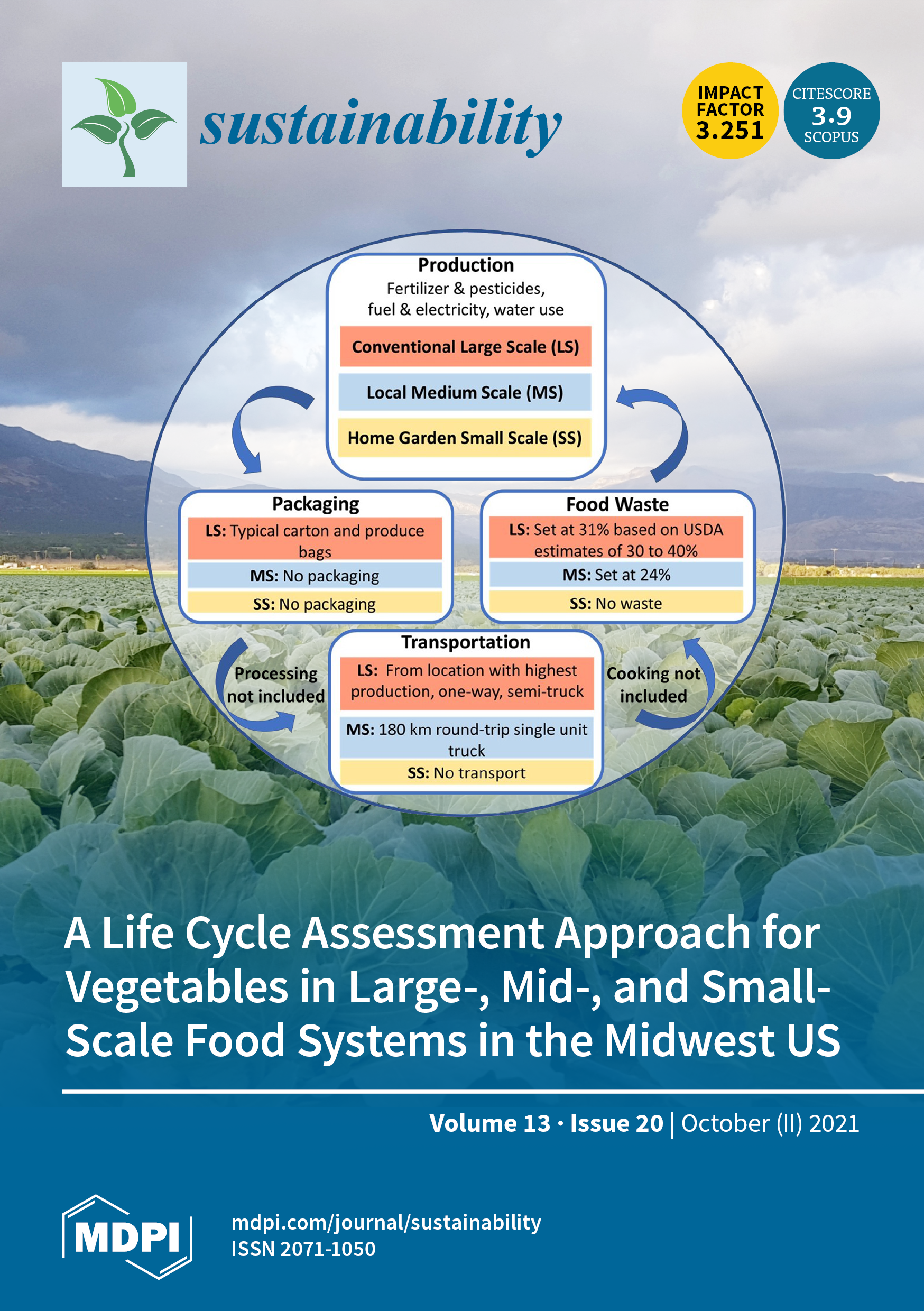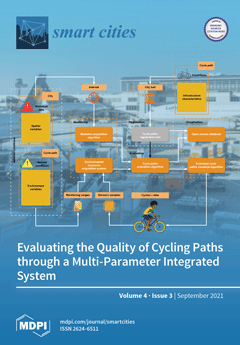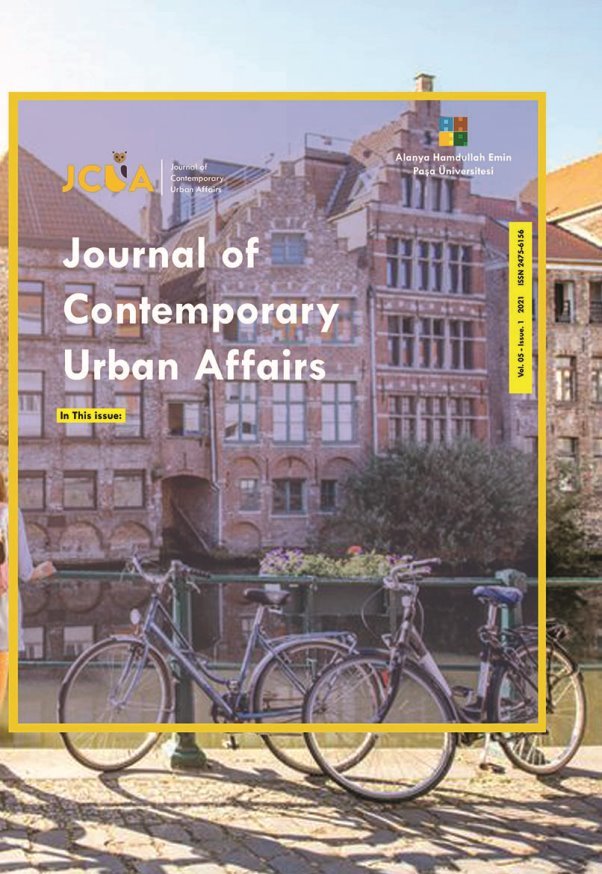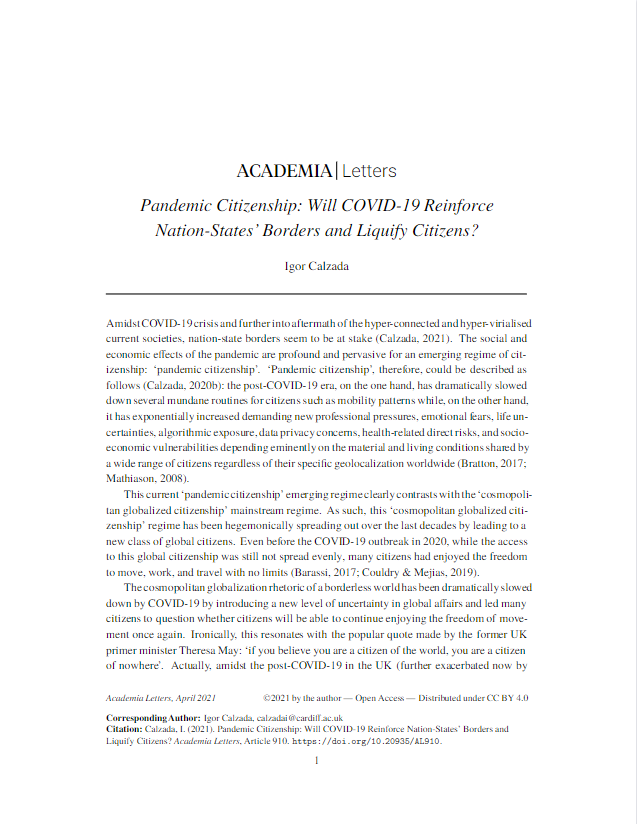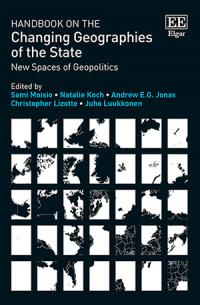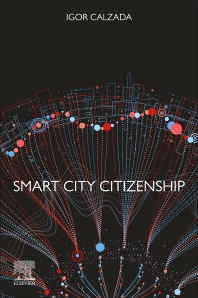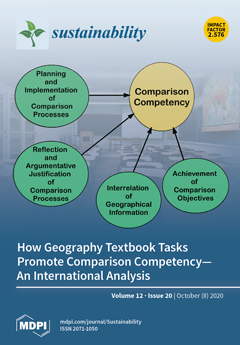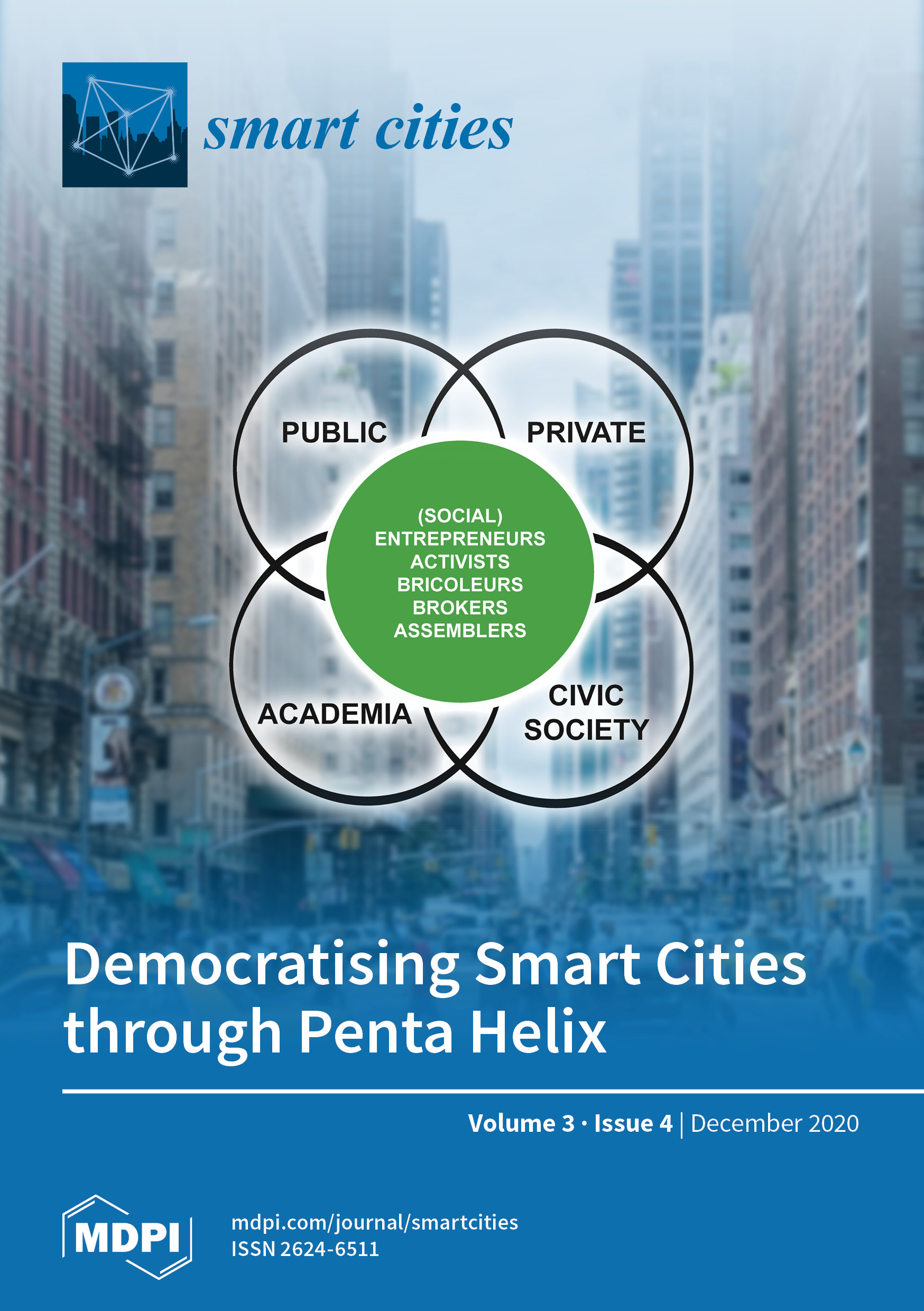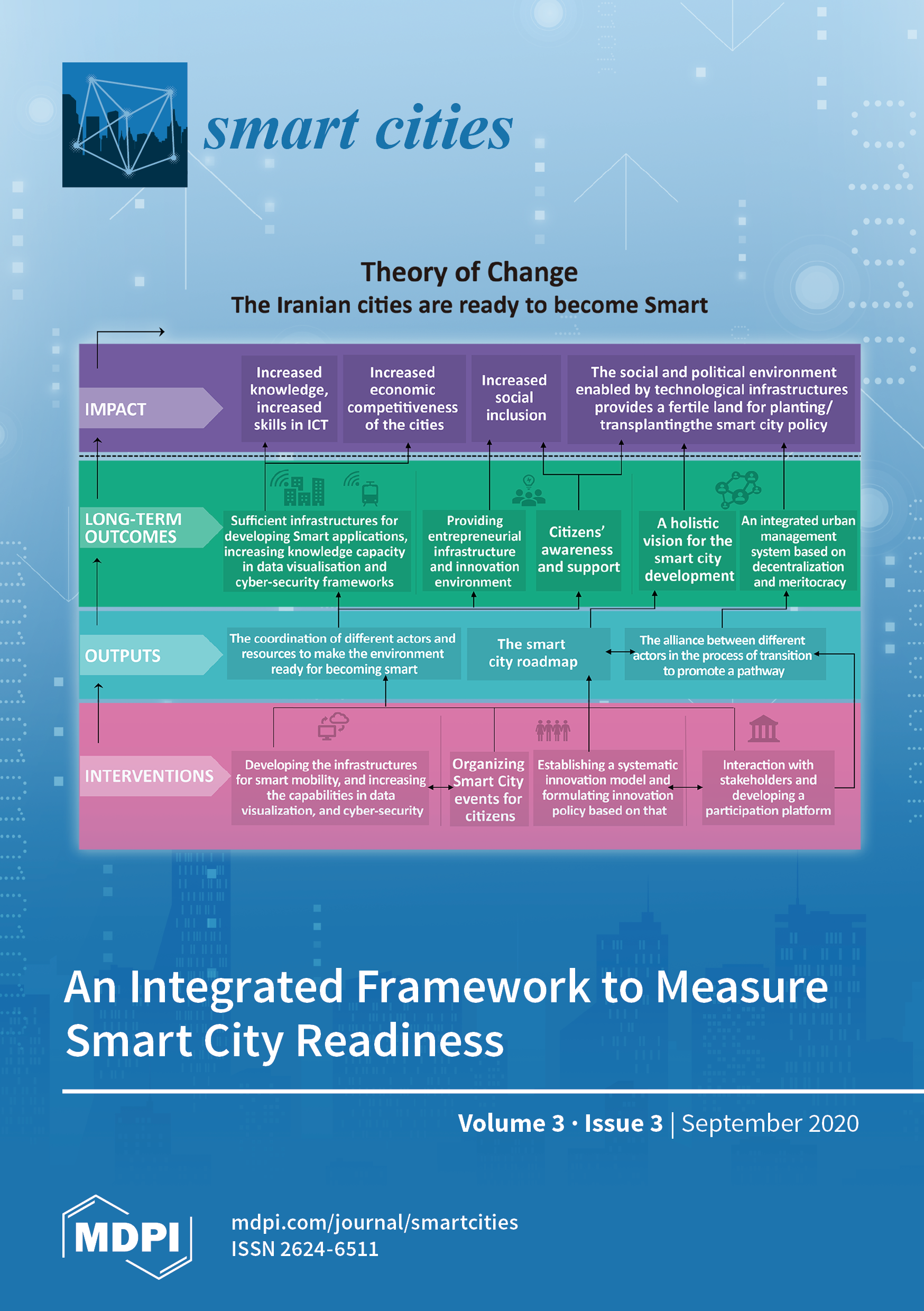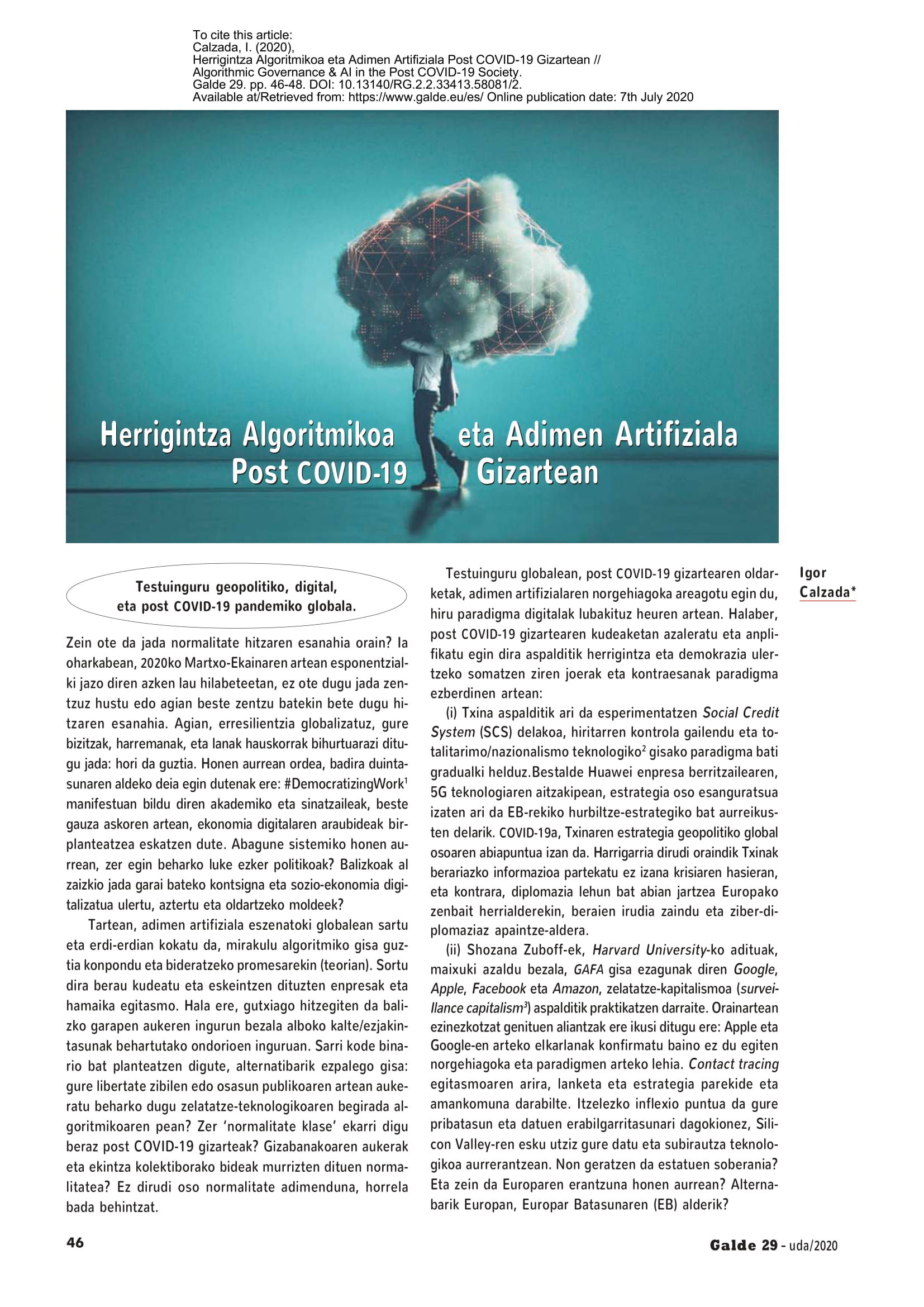New Emerging Citizenship Regimes explores five citizenship ideal types (Pandemic, Algorithmic, Liquid, Metropolitan, and Stateless) stemming from critical/radical social innovation perspective by employing fieldwork action research in six specific city-regional cases.
COVID-19 has hit European citizens dramatically, not only creating a general risk-driven environment encompassing a wide array of economic vulnerabilities but also exposing them to pervasive digital risks, such as biosurveillance, misinformation, and e-democracy algorithmic threats. Over the course of the pandemic, a debate has emerged about the appropriate techno-political response when governments use disease surveillance technologies to tackle the spread of COVID-19, pointing out the dichotomy between state-Leviathan cybercontrol and civil liberties, and further requesting debates in certain city-regional cases. In order to shed light on these debates, this research project introduces a novel theoretical framework called (i) pandemic citizenship to better understand extreme circumstances in which citizens are surviving. Particularly, this research project examines certain city-regions to elucidate how European pandemic citizenship pattern may be unwittingly exacerbating a unique set of interrelated emerging citizenship regimes including: (ii) algorithmic citizenship driven by blockchain and characterised by e-residence framework in Tallinn; (iii) liquid citizenship driven by dataism (the ideology of the Big Data’s determinism) and contested through digital rights in Barcelona and Amsterdam; (iv) metropolitan citizenship caused by Brexit and reshuffled through Radical Federalism/Foundational Economy in Cardiff; and (v) stateless citizenship driven by devolution and reinvigorated by data sovereignty in Barcelona, Glasgow, and Bilbao. This research project challenges the existing interpretation of how these five emerging and intertwined citizenship regimes altogether are ubiquitously transforming nation-states in the aftermath of the post-COVID-19 crisis by examining six city-regional cases.
Methodology
The methodology will be based on action research triangulation by conducting fieldwork research case studies about Tallinn, Barcelona, Amsterdam, Cardiff, Glasgow, and Bilbao.
Impact
This research project aims to influence policy formulation on digital and socio-economic public policy fields while engagement with academic and non-academic strategic stakeholders. Ultimately, the aim is to promote a radical new agenda for social innovation by considering the scope for its application in the foundation sectors of the post-COVID-19 digital economy producing basic goods and services necessary to material security and by recognising that radical social innovation needs political sponsorship and organisation because it will challenge and disturb mainstream algorithmic problem faming and existing power relations among stakeholders.
Engagement
A blog will be published in WISERD site at the beginning of the research project and stakeholders will be contacted to conduct interviews and focus groups virtually.




